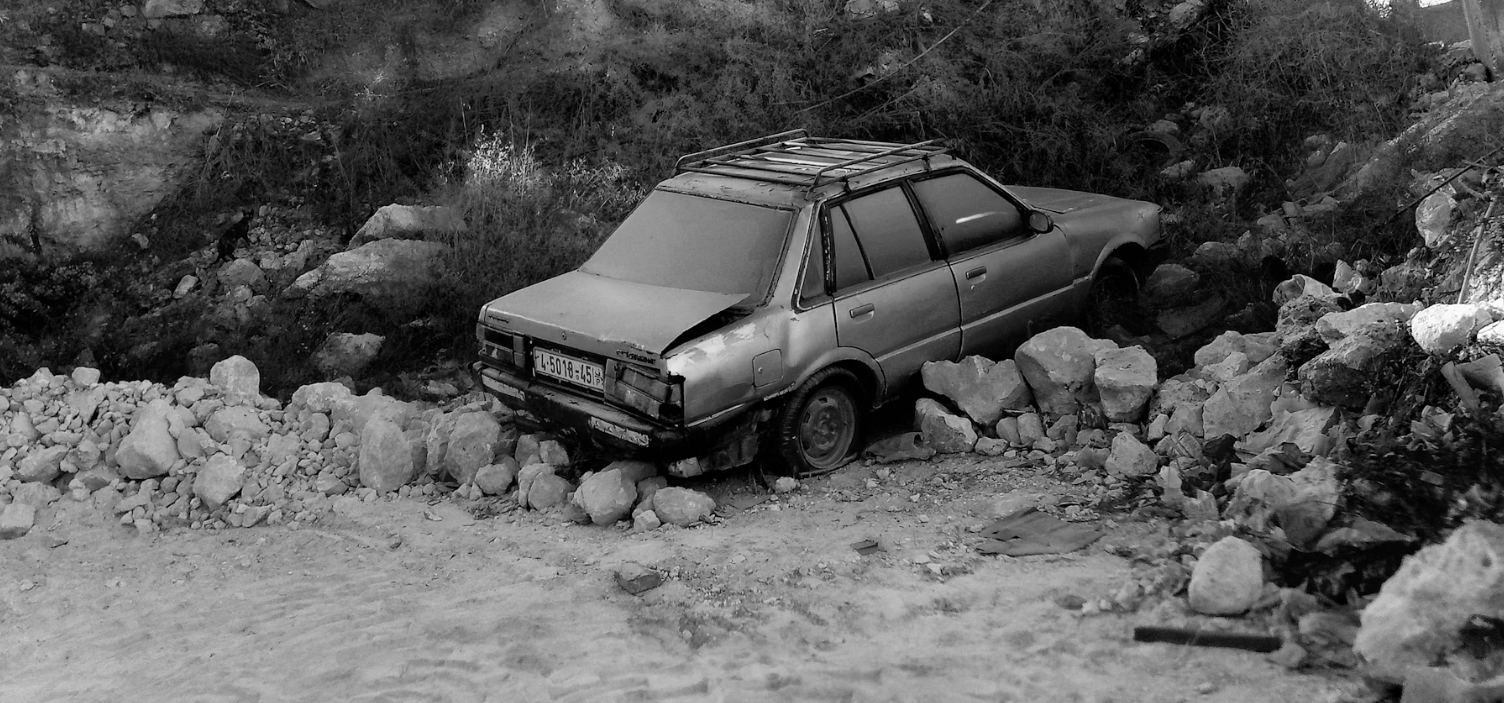Losing a loved one due to the negligence or wrongful actions of another can be devastating. In addition to the emotional toll, the financial burden that follows—such as medical bills, funeral expenses, and loss of income—can be overwhelming. A wrongful death lawsuit seeks to hold the responsible party accountable and help the surviving family members recover compensation for their loss. With the assistance of an experienced lawyer, you can improve your chances of a successful outcome. Here’s how to approach a wrongful death lawsuit with the help of a lawyer:
Choosing the Right Lawyer
The first step in pursuing a wrongful death lawsuit is finding a lawyer who specializes in this area of law. Wrongful death cases can be complex and require in-depth knowledge of both the law and the grieving process. A lawyer with experience in wrongful death cases will be familiar with the legal nuances, the evidentiary requirements, and how to navigate the emotional aspects of representing a family who has suffered such a loss.
Initial Consultation and Case Evaluation
Once you’ve selected a lawyer, they will begin by assessing the strength of your case. This typically involves a free consultation where you will explain the circumstances surrounding your loved one’s death, including details such as how it occurred, who was involved, and the potential for negligence. The lawyer will review the facts and determine whether there is a viable wrongful death claim. They will also advise you on the potential damages that may be awarded and the likelihood of success based on the evidence available.
Building a Strong Case
A key part of winning a wrongful death lawsuit is presenting a compelling case. This requires gathering and analyzing evidence to establish that the defendant’s actions or negligence caused the death of your loved one. Your lawyer will work to collect important documentation and evidence, such as:
- Medical records showing the extent of your loved one’s injuries and cause of death
- Accident reports from police or investigators, if applicable
- Witness testimony from individuals who saw the accident or have relevant information
- Expert testimonies from medical professionals or accident reconstruction experts
- Records of lost income or potential future earnings if the deceased was a primary breadwinner
The more evidence your lawyer can gather to prove liability and damages, the stronger your case will be.
Identifying the Responsible Parties
In wrongful death cases, it is essential to identify the party responsible for the death, whether it’s an individual, a corporation, or a government entity. Your lawyer will conduct a thorough investigation to determine who should be held accountable and ensure that all liable parties are included in the lawsuit. In some cases, more than one party may be at fault, and your lawyer will help determine how to assign blame appropriately.
Proving Negligence or Wrongdoing
To win a wrongful death lawsuit, you must prove that the defendant acted negligently or recklessly, leading to your loved one’s death. Your lawyer will gather the necessary evidence to demonstrate the four key elements of negligence:
- Duty of care: The defendant had a legal obligation to act with reasonable care to prevent harm.
- Breach of duty: The defendant failed to meet this duty of care.
- Causation: The defendant’s breach directly caused the death of your loved one.
- Damages: The death resulted in significant financial and emotional harm to the survivors.
By proving these elements, your lawyer will build a case for your family to recover damages.
Negotiating with Insurance Companies
In many wrongful death cases, the defendant’s insurance company will be involved. Insurance companies often try to settle cases quickly and for as little money as possible. An experienced wrongful death lawyer will negotiate with the insurance company on your behalf to ensure that you receive fair compensation. Your lawyer will know how to handle settlement offers and will advise you on whether an offer is reasonable or if you should pursue further legal action.
Litigating the Case if Necessary
If the insurance company or responsible parties refuse to offer a fair settlement, your lawyer will be prepared to take the case to court. While most wrongful death cases settle out of court, sometimes a trial is necessary to secure the compensation you deserve. Your lawyer will prepare for trial by organizing evidence, presenting expert witnesses, and making persuasive arguments to the jury or judge. Their trial experience will be crucial in ensuring that your case is presented effectively in front of the court.
Seeking the Right Compensation
In a wrongful death lawsuit, surviving family members may be entitled to a variety of damages, including:
- Funeral and burial expenses
- Medical expenses incurred prior to death
- Loss of financial support if the deceased was a breadwinner
- Loss of companionship or emotional support
- Pain and suffering experienced by the survivors
- Punitive damages if the defendant’s actions were particularly egregious or malicious
Your lawyer will help you determine which types of compensation you are entitled to and will fight for the maximum amount possible.
Understanding the Timeline
Wrongful death lawsuits must be filed within a certain time frame, known as the statute of limitations. Your lawyer will ensure that your case is filed within the required period, so you don’t lose your right to seek justice. The timeline for wrongful death lawsuits varies by state, so it’s crucial to consult with a lawyer promptly to avoid missing this critical deadline.

